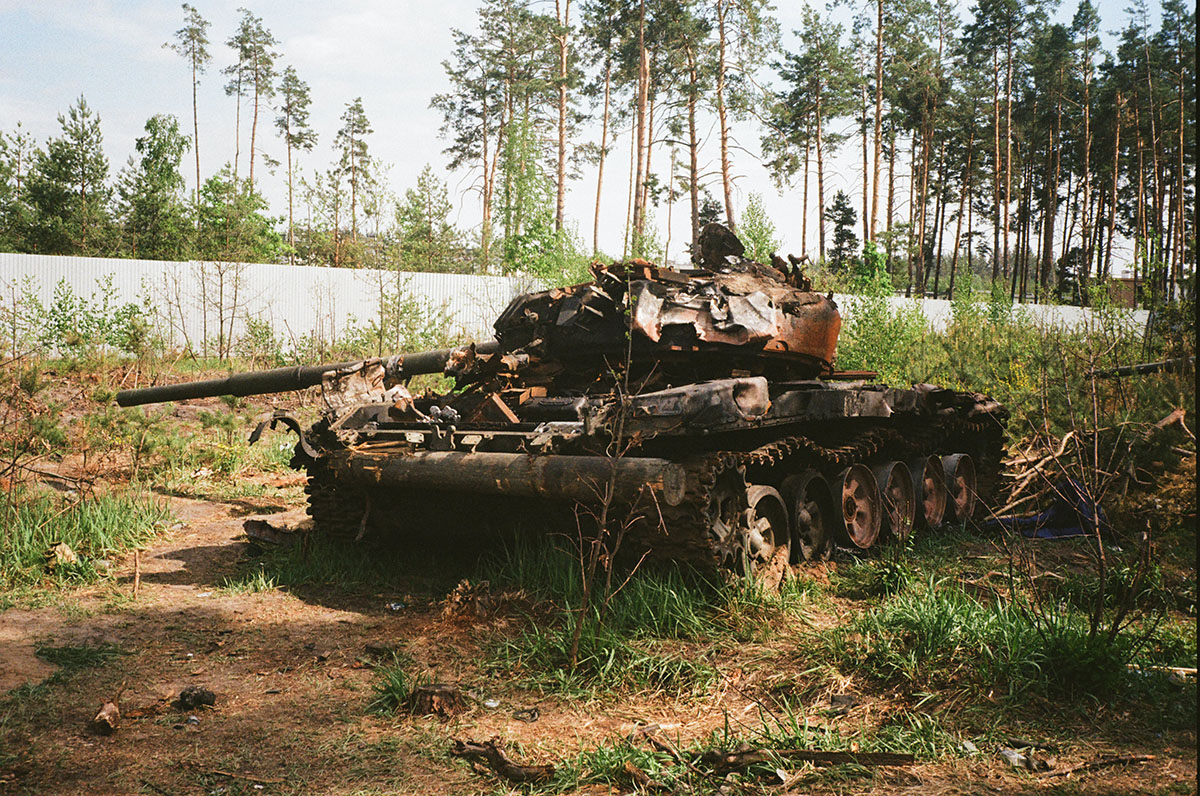
As the world marks World Science Day for Peace and Development (WSDPD), we are reminded of the role that science plays not just in broadening our understanding of the world but also its influence on society as we know it. In the face of rising interstate and civil war in many parts of the world, urgent solutions are needed to promote national and international solidarity, and sustainable development.
At NRI, we recognise that science can be a powerful force for good when appropriately integrated into wider society. Through technology, medicine, energy, or engineering, it can be leveraged to achieve peaceful and sustainable societies. More crucially, we are aware of the pernicious effects that war has on development, the flourishing of human societies, and peoples’ resilience to environmental challenges like climate change. We are working to build capacity for conflict, peace, environment and development research in the Lake Chad region of central and western Africa. At the same time, our work is bringing together science, society and governments to advance innovative approaches to knowledge co-creation and change-making.
Through the Prosperity and Peace Pathways project, we are working to catalyse progress towards sustainable peace and equitable prosperity in the transnational territories of the Lake Chad basin. An important part of this work is the systematic collection and consolidation of data on conflict. This data is informing multistakeholder discussions and planning in efforts to strengthen peace and advance sustainable development.
This project is especially pertinent owing to the longstanding and recently resurgent state of insecurity in the Lake Chad basin spanning Chad, Cameroon, Nigeria and Niger. Recurring conflict in these areas is driven by poverty, ethnic tensions and weak governance structures that foster inequality among other factors. Importantly, how climate change effects like persistent droughts are interconnected with and influence the resurgent conflicts is poorly understood. Understanding these interactions will enable the identification of inclusive and sustainable means to achieve lasting peace and prosperity in the region.
The project is employing innovative participatory tools in a multipronged approach to achieve its objectives. Among other strategies, the approach involves young citizens panels, consensus conferences, local citizens labs and a conflict and environment observatory. The participatory nature of these tools ensures that the plurality of perspectives, knowledge and experiences contributes to locally valid, locally owned and locally sustained prosperity and peace pathways. Additionally, the participatory approach of the project is helping build trust in science—in line with the theme of WSDPD 2023—to help address these persistent challenges in the area.
The Prosperity and Peace Pathways project is led by NRI’s Dr Uche Okpara, Senior Lecturer in Climate Change, State Fragility and Conflict, who commented: ‘The goal of achieving peace and prosperity in the Lake Chad region has enormous economic and political significance. For example, continued violence in the region has the potential to trigger youth migration and potential tensions in the areas they move to. The research will generate new knowledge, alliances and tools that will foster sustainable peace and prosperity in the region and beyond.’
New knowledge on the dimensions of, and pathways towards, prosperity and peace will enhance progress towards the UN Sustainable Development Goals (SDGs). This work is particularly relevant for achieving SDG 1 (poverty reduction) and SDG 16 (peaceful and inclusive societies), leading to improved lives and livelihood opportunities for citizens. Additional impact from the project will include the development of new knowledge cocreation approaches that can be applied in fragile settings. It will also build the capacity of a new generation of young academics in conflict, peace and development research.
This research comes at a time when those in the development, environment, security and humanitarian sectors are reflecting on the changes required to facilitate global preparedness to respond to emerging security and development challenges in fragile developing states. The SDGs and the protracted crisis caused by Boko Haram, underscore the timeliness and strategic relevance of our work in the Lake Chad basin. Moreover, there is limited research exploring the interconnected issues of peace and prosperity in a heavily damaged dryland setting such as the Lake Chad Basin. Our work in the region therefore, addresses this gap and paves the way for innovative, sustainable, and inclusive prosperity pathways.
As we commemorate WSDPD, we hope that our work inspires more similar efforts and creative approaches using science to catalyse sustainable peace, development and prosperity for all.
For more information:

